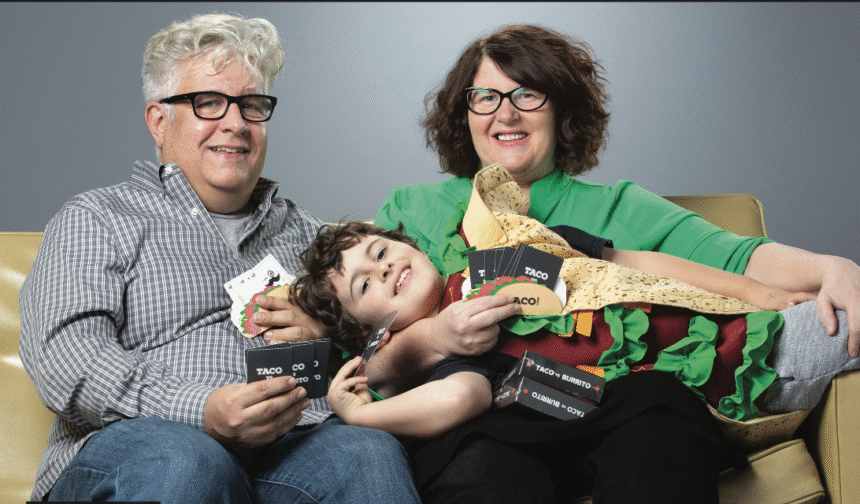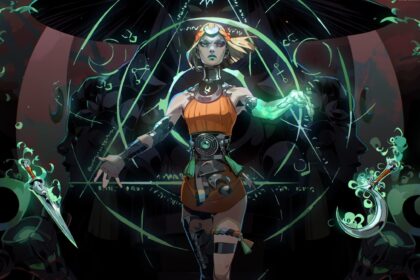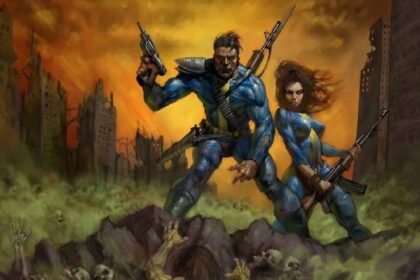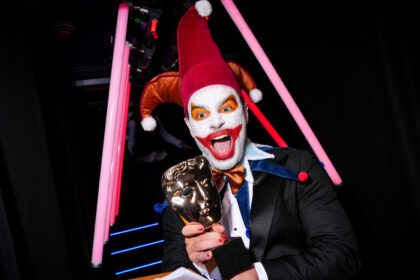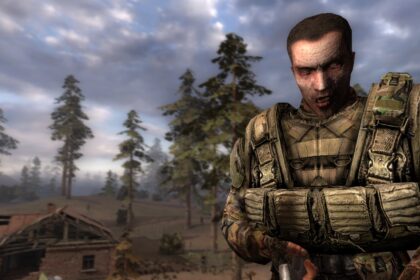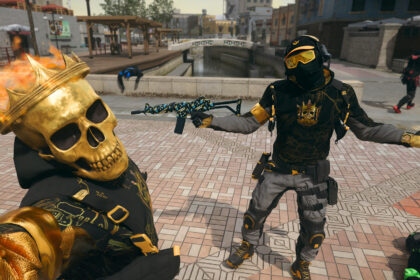The creators of the popular card game “Taco vs. Burrito” — dreamed up by a Seattle 7-year-old in 2018 — are exiting with a significant win.
Hot Taco Inc., the company behind the game, sold the “Taco vs. Burrito” assets to Wisconsin-based toy and game company PlayMonster, ending a run that started with a little boy and his mom talking about how to make a game during their walks to a coffee shop.
“It’s been such a fun ride. It’s kind of crazy to think back to it being an idea for my son, and then all of a sudden we’ve sold a million copies of the game,” Leslie Pierson told GeekWire this week as she recounted the journey she had with her son Alex, now a 15-year-old high schooler.
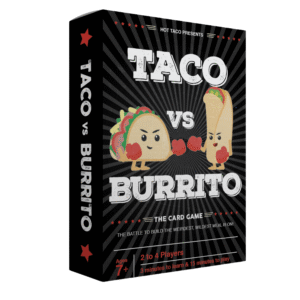
Pierson said she, her husband Mark Butler, and Alex have always been a big game family. From a young age, Alex liked to learn new games and talk about what he liked and what he didn’t.
According to Pierson, her son knew he wanted to create a new game called “Taco vs. Burrito,” and he knew he wanted to launch it with a Kickstarter campaign. How to make and play it was determined over several months of conversations on their walks.
“I really did think it was just gonna be a chat about how a product gets made,” Pierson said. But after six months they were still playing paper iterations of the game, improving on it, and falling in love with it.
An inventor and serial entrepreneur, Pierson had experience in product development. She created GoodHangups and launched the magnetic poster-hanging product via Kickstarter before landing on “Shark Tank” and making a deal with Lori Greiner on that hit show.
But Pierson was not a game developer. She credits Alex with the inspiration and creation of the “Taco vs. Burrito” gameplay — and for coming up with something that quickly made $25,000 on Kickstarter.
Pierson was already a big believer in Amazon, where she was selling GoodHangups.
“The thing I love about Amazon is the fact that you don’t have to have a warehouse, you don’t have anything,” she said. “You can just get your product there and then sell it. You don’t have a big team, you don’t have to support a big retailer or anything like that.”
Alex’s game sold out on the e-commerce site in a week and Pierson knew, “there’s something here.” The game and the fact that it was made by a kid resonated with families and others who enjoyed the strategic play.
“We’ve sold over a million and a half games in the past six years, and it just became amazing to do,” Pierson said, noting that it was regularly a top-ranked offering in Amazon’s games category.
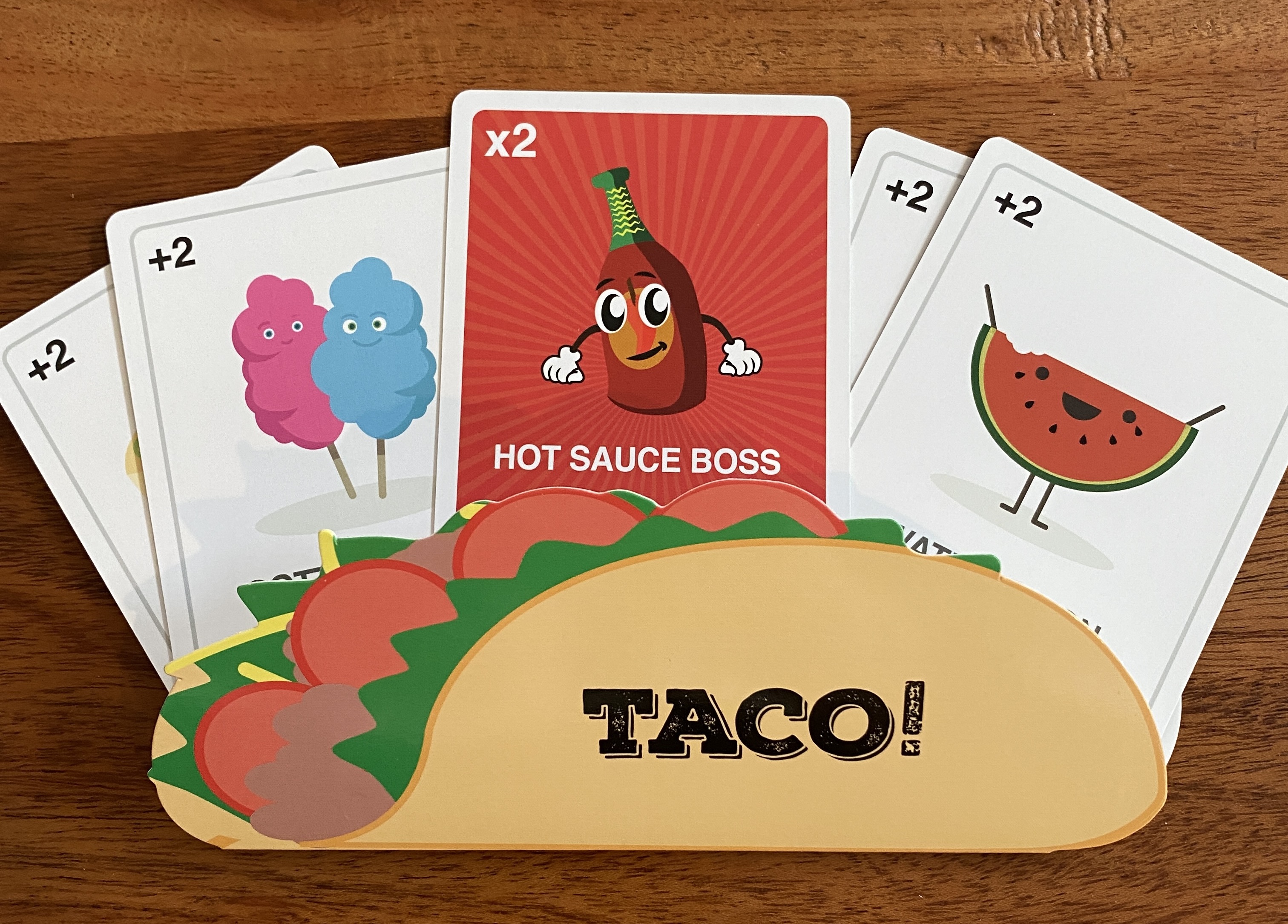
But the time to sell became apparent.
Pierson said the sweet spot for any business she runs is the first five years, where she could still handle the surge in popularity and demand with the help of one other employee. Pierson wasn’t interested in hiring a big team or developing new versions of the game to sell more products to existing customers. She was tired of getting ready for the holiday rush, or another Prime Day.
The uncertainty around President Trump’s shifting tariff policies didn’t help either.
“Every day, Trump wakes up and has a new idea of tariffs — it’s gonna be this, it’s gonna be this, it’s gonna be this,” Pierson said. “And I was just like, ‘I’m done.’ This isn’t the phase I love. I surely don’t love not knowing what the cost of something is.”
And Alex’s passion as a teen had pivoted from card games to video games.
Pierson fielded pitches from a number of different companies, and called PlayMonster’s the best, saying they really got the brand and had concepts for future versions of the game. Rather than hold onto a stake in “Taco vs. Burrito” with a royalty in perpetuity, they opted for more cash now. Terms of the deal were not disclosed.
As they fold their cards on “Taco vs. Burrito,” Pierson takes pleasure in knowing they provided quality entertainment for families, away from phones and modern digital distractions. Board and card games always brought her family together, and she’s glad it worked for others.
“It’s been a really good experience,” Pierson said. “And I love that Alex had that experience of creating something, so that if he has an idea in the future, anything’s possible.”
Read the full article here



